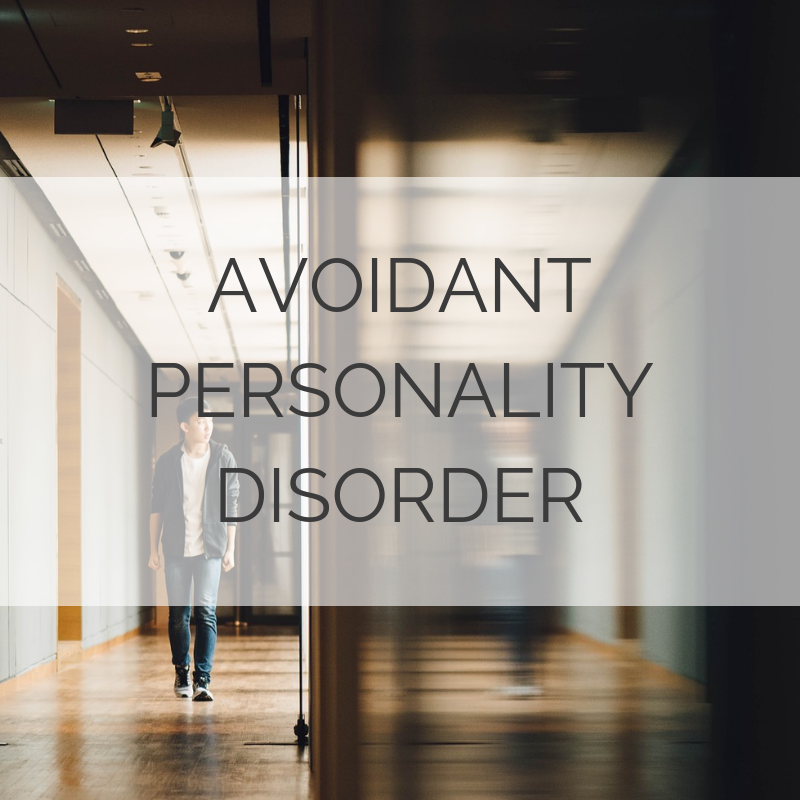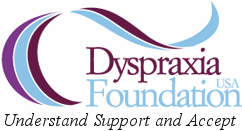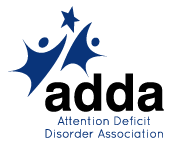Avoidant Personality Disorder

Some teens and young adults with Aspergers (high functioning autism) also have “avoidant personality disorder.” ASD and avoidant personality disorder can be comorbid or misdiagnosed as each other.
One percent of the general population has avoidant personality disorder.
For people with Aspergers it can change their behavior in these ways:
- Self-isolation
- May view self as socially inept or inferior to others
- Avoids work, school, and social situation due to fear of rejection, disapproval, and criticism to the point that it limits or disrupts life.
- May try to blend into the background to go unnoticed
- May to reluctant to try new activities or take personal risks to avoid potential embarrassment
- May be restrained within intimate relationships
- Maybe preoccupied with being rejected or criticized
Symptoms can be both emotional and physical and include:
- Dizziness
- Blushing
- Sweating
- Shortness of breath
- Tightness in chest or racing heartbeat
- Upset stomach
- Shaking voice or hands
- Social anxiety
- Extreme fear of being watched or judged by others, especially those they don’t know
- Fear of other people noticing and commenting on their nervousness
- Fear of embarrassing themselves due to their behavior
Tips to help:
- Avoid stimulants that can increase anxiety symptoms – coffee, energy drinks, black tea, and chocolate. If you smoke try quitting; nicotine is a strong stimulate.
- Sleep! There is no hack for sleeping. It restores the body and mind. When you don’t get enough, you open yourself up to more anxiety.
- Drink alcohol in moderation. You might think a drink or two before a social event will relax you, but alcohol can increase your anxiety.
- Make a plan to face social situations, gradually, instead of avoiding them. Start small and be consistent.
Try volunteering for something you are passionate about so that you will have an activity to focus on while engaging small talk. - Try meditation, mindfulness, or breathing exercises to help control physical symptoms.
- Try taking a social skills class or social skills coaching.
- Improve your communication skills; good relationships of every kind require clear emotionally-intelligent communication. Learn the basic skills of emotional intelligence.
Shift your negative, unhelpful thoughts to positive, helpful thinking. You may need a life coach or therapist for this one

Big Bang Coaching, LLC provides coaching for the neurodiverse.






